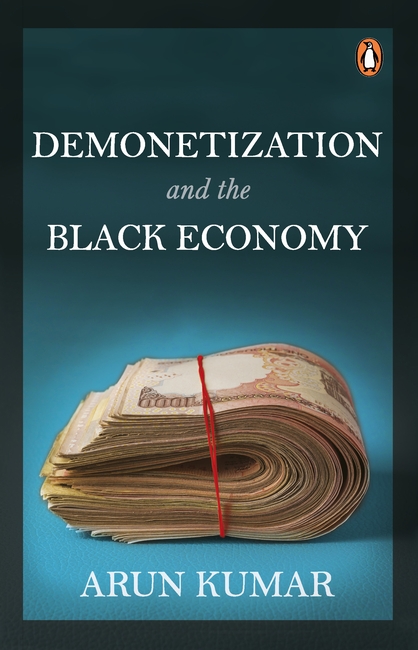
On 8 November 2016, the prime minister announced the immediate cancellation of all
Rs 500 and Rs 1000 denomination notes, wiping out 86 per cent of the currency in
circulation. India’s well-functioning economy went into a tailspin.
This move, it was claimed, was made to wipe out corruption, deter the generation of black
money, weed out fake Indian currency notes and curb terrorism. Overnight, people in India realized that the cash in their pockets had no value. A window of fifty days was granted to 1.3 billion people to convert their old notes into new ones.
Businesses, especially in the unorganized sectors, came to a grinding halt. Patients in hospitals faced huge problems, farmers had difficulty buying inputs, weddings were scaled down, and fishermen watched their catch rot. Many lost their jobs and could not support their families.
A year later, the RBI announced that 99 per cent of the old currency notes had been deposited with
it. India continues to grapple with the effects of this move. The black economy has not been
dented; counterfeiting and terrorism continue; the credibility of the RBI, banks and currency is
damaged; the accountability of the Parliament and the prime minister has been eroded; and the social divide
has widened. There have been many arguments and counter-arguments from both sides, but they have
missed the complete picture.
Demonetization and the Black Economy, for the first time, lucidly explains the story
of demonetization along with its effects on the economy.
Imprint: India Portfolio
Published: Nov/2021
ISBN: 9780143456407
Length : 344 Pages
MRP : ₹399.00
India is one of the largest economies in the world yet when one goes to the grassroots to study the situation of the average Indian, one sees abject poverty and systemic inefficiency. Why is that, and what can we do? Penguin Random House India has put together a list of titles by some of the […]
